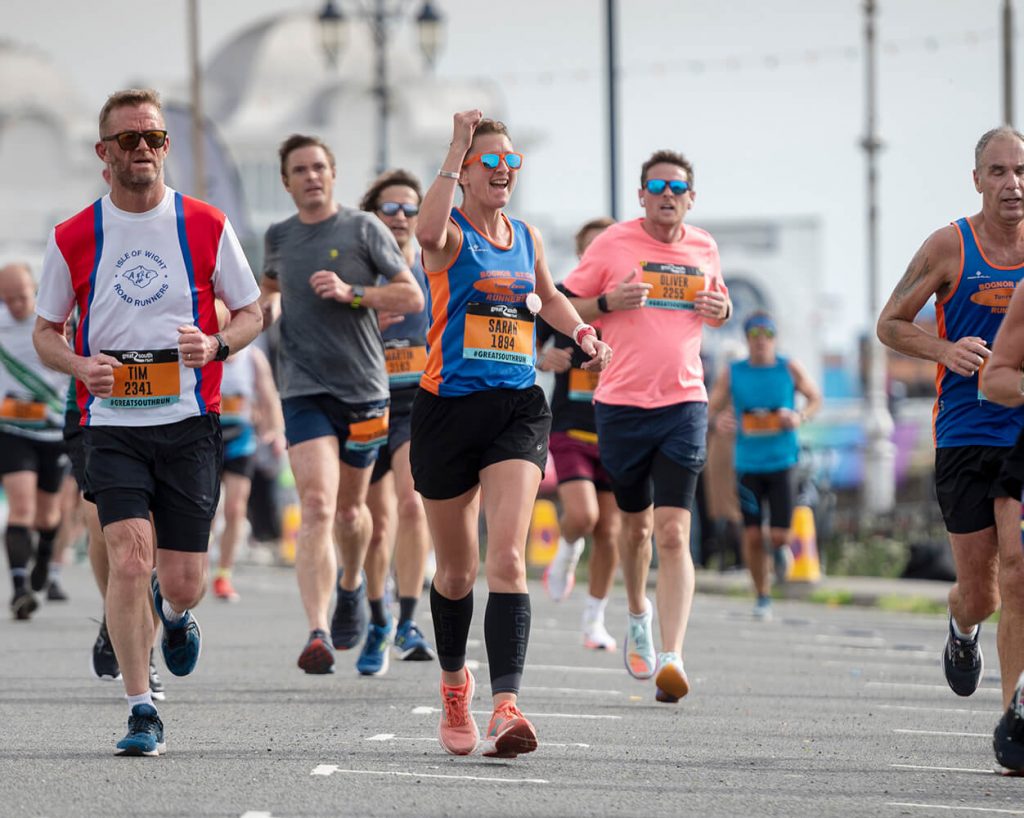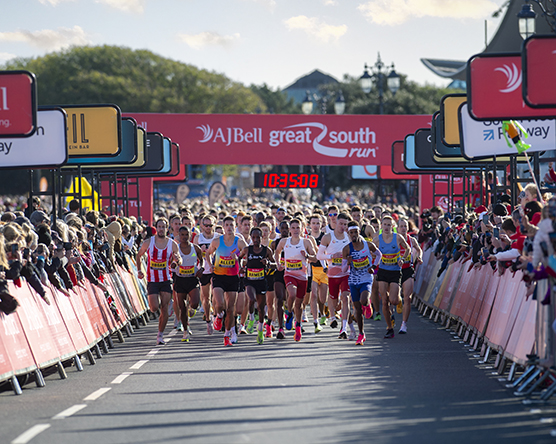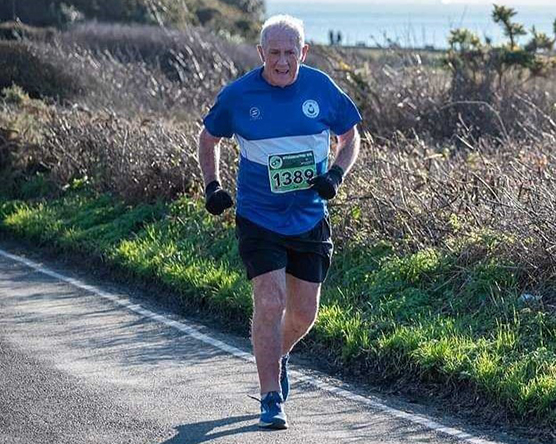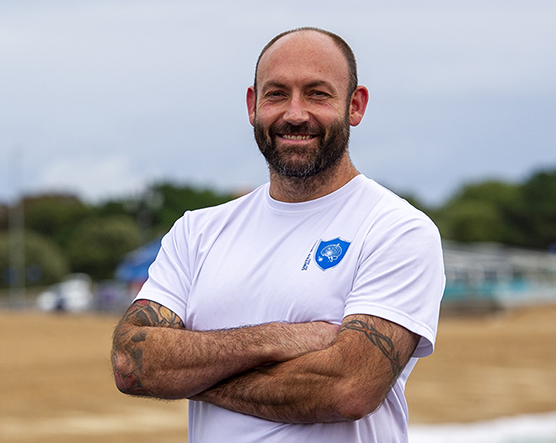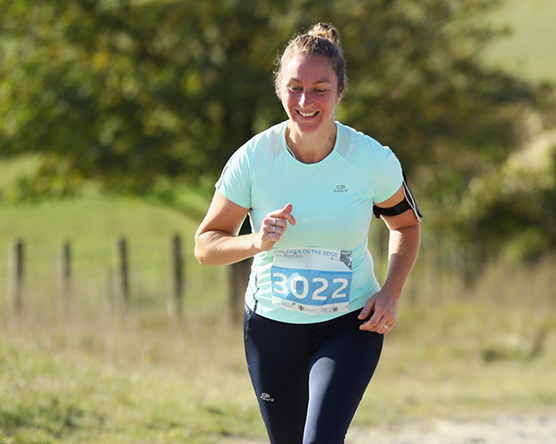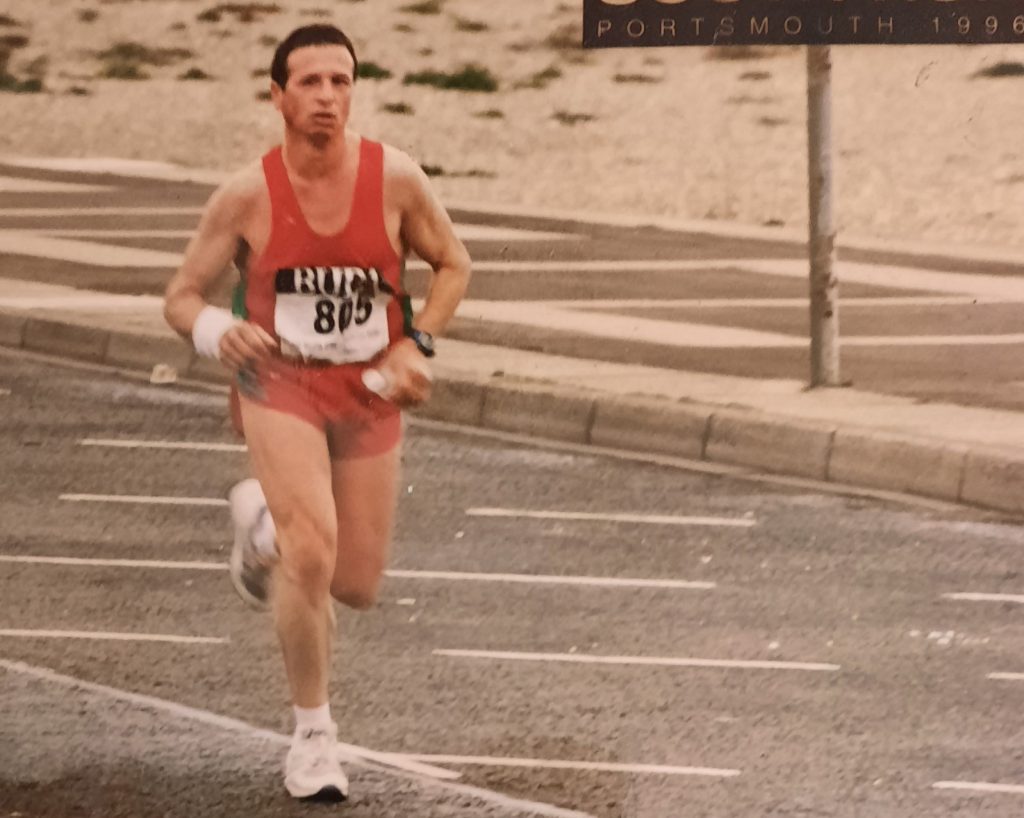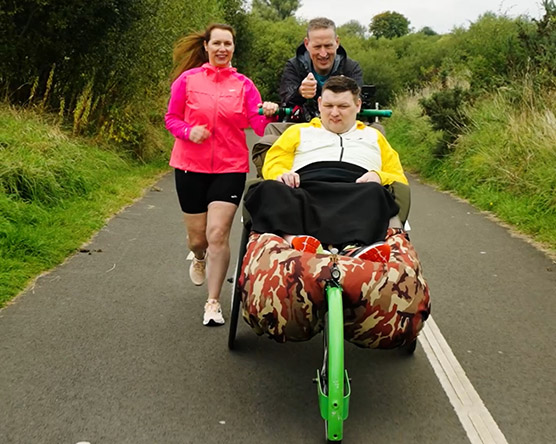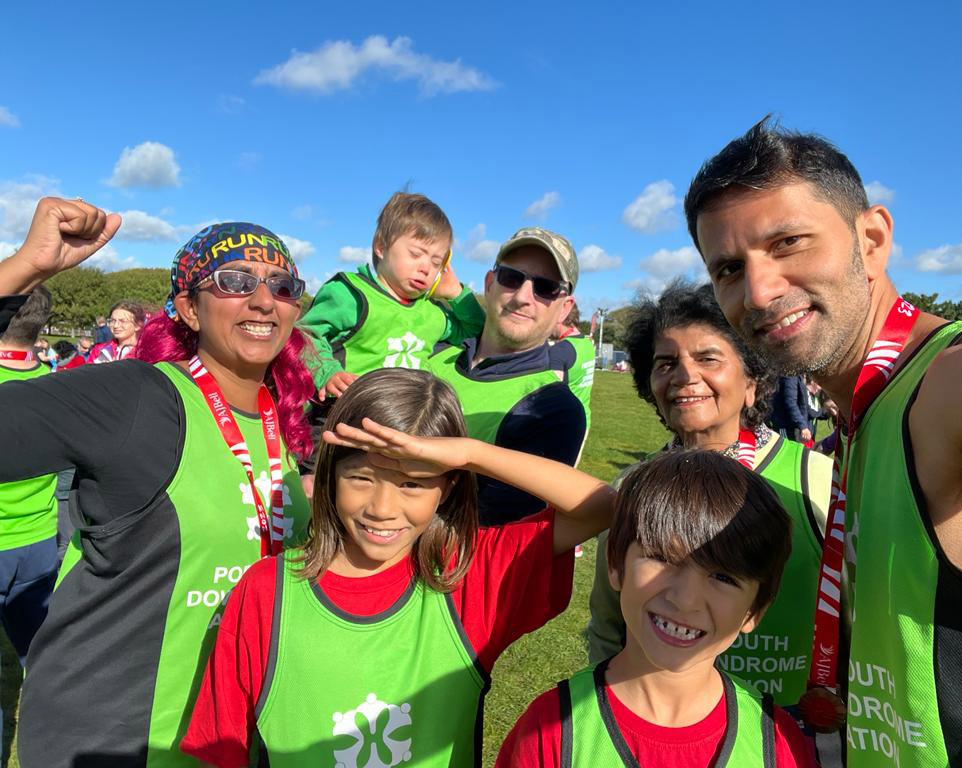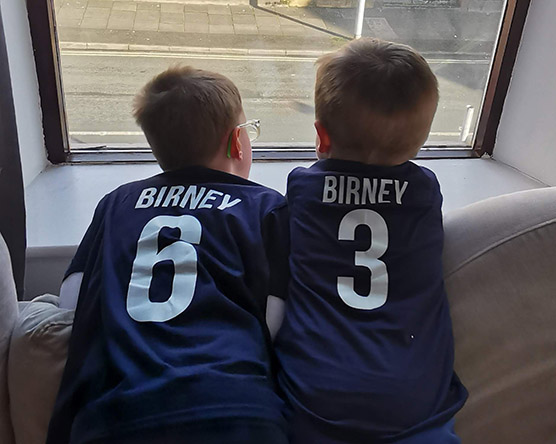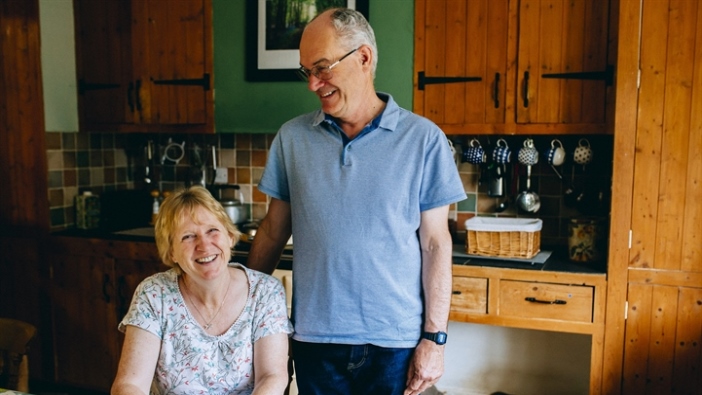
Local Hero – Sue Hills And Clive Ruggles
Since the very beginning, the Great North Run has been a celebration of ordinary people doing extraordinary things.
This year, the event is celebrating everyday heroes, people who give back to their communities and inspire those around them with their dedication and perseverance.
Almost two years after the devastating murder of their daughter Alice, Sue Hills and Clive Ruggles are campaigning to keep her memory alive through the Alice Ruggles Trust.
Alice was just 24 when she was murdered in Gateshead in October 2016 by her ex-boyfriend Trimaan Dillon. His controlling behaviour during their brief relationship had developed following their separation into a relentless campaign of stalking.
Since the loss of their daughter, Sue and Clive have channelled their grief into something positive in Alice’s name, The Alice Ruggles Trust. The couple from just outside Leicester now dedicate their time to campaigning for the trust, which they set up to raise awareness of stalking and to educate organisations and the public about its consequences.
Alice moved to Newcastle to attend university and stayed there after graduation, having come to love the city. This year, both Sue and Clive will return to the North East to run the Simplyhealth Great North Run on Sunday 9 September for The Alice Ruggles Trust.
“Losing Alice was absolutely horrendous and the most important thing to us was, what can we do to make things better for others in the future?” said Sue.
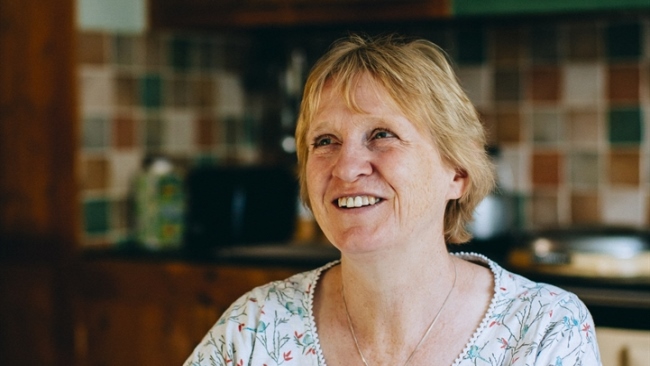
“We felt that if we set up a trust, we would like to raise awareness about the issues around stalking and coercive behaviour in relationships and do some work around this to make a difference.
“It all seemed to fall into place, it hasn’t been as nerve racking as we thought when we first decided to set up the trust.
“We had gone through this whole stalking nightmare for the three months prior to Alice being killed and we had not really picked up that this could or would have such a tragic end.
“We thought it was annoying because it wouldn’t go away and he just needed to stop. Alice contacted the police and did everything that was right and initially he should have been arrested for stalking.
“We’re very passionate about the fact that everyone should understand the same thing, that stalking is illegal and that people need to be arrested for it.”
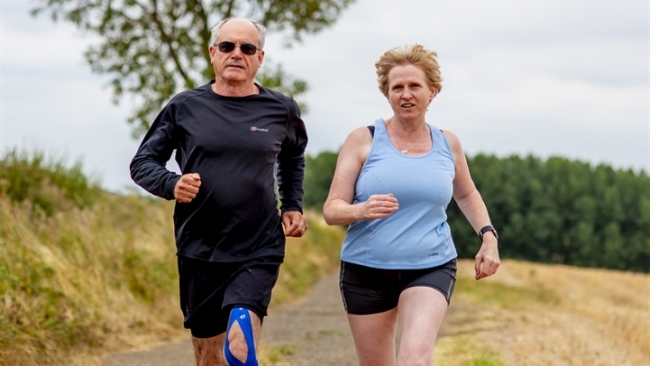
Sue and Clive have been campaigning for stalking laws such as the Stalking Protection Bill to be amended in Parliament and are working with the National Stalking consortium to try and create a stalkers register, so serial offenders would be flagged up.
They also use their experience to work to educate the general public, the police and the judiciary.
They were approached by the police to deliver group talks to officers to help identify the problems with investigating stalking and the changes that can be made.
Clive, a professor, has spoken to CPS staff at conferences and Sue has recently retired from her teaching job to dedicate more time to delivering talks to schools. They have both worked with police forces across the country to help officers understand the real-life consequences of stalking.
“We felt it was important to stop what happened to Alice happening to others. I think by doing that, it really helped us to cope with it all,” said Clive, 66.
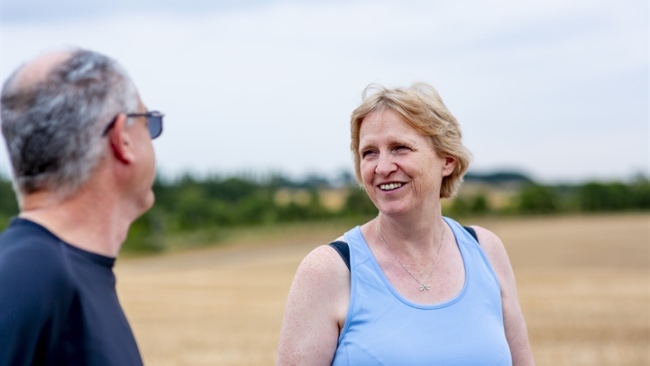
“We thought there was an issue of training for the police in procedures that we could help with and there’s an issue with raising public awareness.
“In Alice’s case, there were several things that needed to be different in the police response. We also thought people like Alice don’t go to the police early enough because they don’t realise the seriousness of it.
“We’ve discovered that us simply telling Alice’s story really jolts people, it raises awareness and suddenly it becomes more personal.
“If we can combine with other charities, back up their statistics with our experiences, we can show how bad the problem really is. We can then provide a best practice guide for criminal justice professionals, that creates a package that we can use to bring about change.
“In Alice’s case, the person that killed her had a previous restraining order against him by an ex- girlfriend and if that had been known to police then maybe the response would have been different.
“The effect that telling her story has had on others and what they are doing to try and change things is really nice for us as it shows we are making a difference. In an ideal world, maybe we wouldn’t need to be doing what we are, but the problem is that people at large don’t realise how serious stalking is as an issue.”
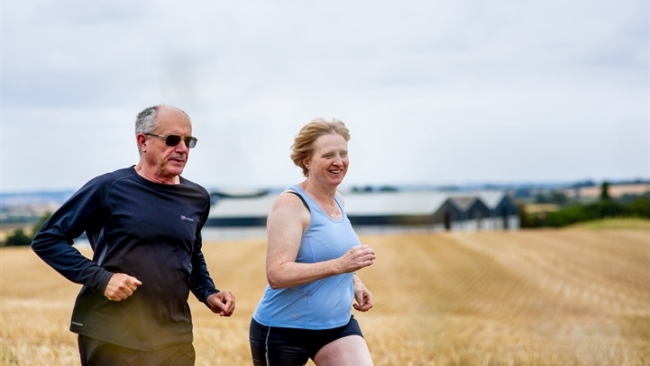
The Alice Ruggles Trust has been commended as ‘inspirational’ by Detective Constable David Thompson, head of the Integrated Anti-Stalking Unit at Cheshire Police.
He said: “I think that the work that The Alice Ruggles Trust is doing is so inspirational. What Sue and Clive have gone through is every parent’s worst nightmare and for them to be able to work with the police when the response to Alice was less than adequate must take real courage.
“I can stand there as a police officer and give different facts and figures to train others but I don’t have that insight. One of the biggest challenges we face is that this is about changing hearts and minds. When people speak about what happened here, that makes the difference.
“If that makes the difference from a police officer being at someone’s door at 3AM, who has taken the courage to report stalking because they have heard what Sue and Clive have said then the power of that cannot be underestimated.
“If I am perfectly honest, I don’t know how they do it but they do and it’s vitally important that they carry on.”
For more information about the Alice Ruggles Trust, click here
Simplyhealth Great North Run is live on BBC One on Sunday 9 September, 09:30-13:30. For more information on the Simplyhealth Great North Run, visit: Greatrun.org/North


